The Best Oral Health Practices for Seniors

Understanding the Importance of Senior Oral Health
As we age, maintaining good oral health becomes increasingly critical, not just for preserving a bright smile but for ensuring overall well-being. Oral health in seniors is closely linked to systemic health, influencing conditions such as heart disease, cognitive decline, and even respiratory infections. This article explores the best practices for oral hygiene tailored to older adults, addressing common challenges faced as they age and providing practical solutions for maintaining dental health.
Comprehensive Oral Hygiene Practices

What are the recommended oral hygiene practices for seniors?
Seniors should adopt a systematic approach to oral hygiene to maintain their dental health. This includes daily brushing and flossing routines that are pivotal in preventing plaque buildup, tooth decay, and gum disease. Specifically, seniors are encouraged to:
- Brush their teeth at least twice a day, using fluoride toothpaste to help strengthen enamel and fight cavities.
- Floss at least once daily, which is crucial for cleaning between teeth where a toothbrush might not reach, thereby preventing gum disease.
- Utilize an antibacterial mouthwash to further reduce harmful bacteria in the mouth and promote overall dental health.
Managing Dry Mouth
Dry mouth is a common issue for seniors, often stemming from medications or underlying health conditions, and it can lead to an increased risk of tooth decay and infections like thrush. To manage dry mouth:
- Drink plenty of water throughout the day to stay hydrated and help rinse away food particles and bacteria.
- Consider using saliva substitutes recommended by dentists to alleviate symptoms.
- Avoid caffeine and alcohol, as they can worsen dry mouth symptoms.
Regular Dental Check-ups
Regular dental appointments should not be overlooked. Seniors should visit their dentist for routine check-ups and cleanings, at least twice a year, to catch any developing issues early and keep their oral health on track. This proactive approach helps in managing conditions like gum disease, ensuring dentures fit well, and receiving guidance tailored to their specific oral health needs.
By following these essential practices, seniors can significantly enhance their dental health and overall well-being.
Frequency of Dental Visits for Seniors

Importance of regular dental appointments
Maintaining healthy teeth and gums is vital for seniors, and regular dental appointments serve as a cornerstone in ensuring oral health. These visits help in early detection and management of dental issues like cavities, gum disease, and other conditions that could lead to significant health problems.
Benefits of routine professional cleanings
Routine professional cleanings provide extensive plaque removal that daily brushing and flossing cannot achieve. This is particularly important for seniors, as they are more prone to dental issues, including periodontitis, which is associated with increased risks of heart disease and cognitive decline.
How often should seniors visit the dentist for teeth cleaning?
Seniors should ideally visit the dentist every six months for check-ups, cleanings, and any necessary x-rays. Regular dental visits help prevent gum disease, which is linked to serious health issues such as heart disease and cognitive decline. Along with professional care, maintaining a daily dental hygiene routine that includes brushing with a soft-bristled toothbrush and ADA-approved toothpaste, as well as flossing, is essential to reduce plaque buildup and prevent cavities. Addressing common issues like sensitive teeth and dry mouth is important for overall dental health. Overall, good dental care is crucial not only for oral health but also for overall well-being in seniors.
Dental Care for Seniors without Natural Teeth
What dental care practices should seniors with no teeth follow?
Seniors who have lost all their natural teeth must still prioritize their oral hygiene to maintain overall health. They should gently brush their gums twice a day using a soft toothbrush or even a damp cloth. This practice helps remove food particles and bacteria that can contribute to gum infections.
In addition, using an antibacterial mouthwash is crucial in reducing harmful bacteria in the mouth, which can lead to infections or other health issues. Even without teeth, maintaining gum health is important, and regular dental check-ups play a pivotal role in this.
Importance of gum care and regular check-ups
Regular dental visits are essential for seniors without teeth. These check-ups not only monitor the health of the gums but also help catch any potential issues early. Dental professionals can assess for inflammation or infections, ensuring the soft tissues of the mouth remain healthy.
For those who wear dentures, daily cleaning is vital. Denture wearers should clean their appliances with a dedicated denture cleanser each day and remove them overnight to allow the gums to rest. Staying hydrated is another important factor; seniors should drink plenty of fluids and consider using a water-based moisturizer for their lips to combat dryness and cracking. Overall, good oral care practices contribute significantly to maintaining a healthy mouth and overall well-being for seniors, even in the absence of natural teeth.
Impact of Medications on Oral Health

How do medications affect oral health in seniors, and what preventive measures can be taken?
Seniors often take multiple medications for various health conditions, which can lead to a range of oral health issues. One of the most common side effects is xerostomia, or dry mouth. This condition results from decreased saliva production, which is crucial for washing away food particles and neutralizing acids in the mouth. Without adequate saliva, seniors are at an increased risk of tooth decay and gum disease.
Other medication-related issues include gingival overgrowth, where the gums become enlarged, and oral mucositis, characterized by painful inflammation of the mucous membranes inside the mouth. These conditions can complicate oral hygiene practices and diminish overall health.
To counter these impacts, seniors should prioritize hydration. Drinking plenty of water helps mitigate dry mouth symptoms. It is also essential to maintain rigorous oral hygiene practices.
Preventative measures include:
- Regular dental check-ups: These visits allow for timely identification of any medication-related oral health issues.
- Good oral hygiene: Daily brushing with fluoride toothpaste and flossing can help combat the effects of medications on dental health.
- Medication review: Patients should discuss their medications with healthcare providers to explore alternatives if adverse oral health effects occur.
- Diet considerations: Eating a balanced diet and avoiding sugary snacks can also support oral health.
Together, these strategies can help manage the oral health challenges posed by medications in older adults.
Caring for Seniors with Cognitive Impairments

What strategies can help in managing oral care for elderly individuals with dementia?
Managing oral care for elderly individuals living with dementia necessitates a tailored approach that confronts the unique hurdles presented by the condition. Caregivers play a crucial role in this process.
Caregivers should assist with brushing teeth, employing straightforward, step-by-step instructions during the routine. Techniques like the 'watch me' method, where the caregiver demonstrates the actions, can enhance understanding and compliance. Moreover, it’s beneficial to choose dental tools suited for the elderly—soft-bristled or electric toothbrushes can offer easier handling for those with grip difficulties. Using fluoride toothpaste is vital for cavity prevention; however, if swallowing issues arise, alternatives may be necessary.
Creating a calm environment during oral care routines is essential, as it fosters better cooperation. Planning regular dental appointments tailored to each person's needs will support their long-term oral health. Caregivers should also be alert for changes that may indicate oral health issues, such as shifts in appetite or behavior. Staying hydrated is vital to alleviate dry mouth, a common concern among those with cognitive impairments—this helps keep their mouths healthier and more comfortable.
Holistic Oral Health Strategies for Seniors

Why is maintaining good oral hygiene crucial for older adults?
Maintaining good oral hygiene is crucial for older adults to prevent a range of dental issues, including cavities, gum disease, and tooth loss. With nearly 20% of seniors having untreated tooth decay, the risk for severe dental complications increases significantly if proper care isn’t taken.
Oral health is closely linked to overall health. Gum disease can lead to inflammation that exacerbates conditions like heart disease and diabetes. Poor oral hygiene can contribute to respiratory infections and increase the risk of dementia, particularly in seniors with existing health issues.
Additionally, factors such as dry mouth, often exacerbated by medications, and mobility issues can make maintaining oral hygiene more challenging for older adults. Regular dental check-ups, daily brushing with fluoride toothpaste, and flossing are essential practices. These habits help to mitigate risks, improve oral health, and encourage better health and well-being in seniors.
Nutritional approaches to support dental health
Diet plays an important role in maintaining good oral health, especially for seniors. A balanced diet rich in essential nutrients such as calcium, phosphorus, and vitamin C can strengthen teeth and gums. Foods like dairy products, leafy greens, and fruits are great choices to support dental health.
Summary of Recommended Practices
| Nutritional Tips | Oral Health Practices |
|---|---|
| Eat calcium-rich foods (1,000 mg daily) | Brush teeth twice daily with fluoride toothpaste |
| Include vitamin C-rich fruits | Floss daily to remove plaque |
| Stay hydrated and limit sugary foods | Regular dental visits for cleanings and exams |
By addressing nutrition alongside daily oral health practices, seniors can significantly improve their oral health outcomes and enhance overall quality of life.
Concluding Thoughts on Senior Oral Health
Oral health is a crucial aspect of overall health and quality of life for seniors. As we have explored, adopting effective oral hygiene practices, managing the impact of medications, and addressing cognitive and mobility challenges can significantly enhance dental health in older adults. By prioritizing regular dental visits and implementing a conscious care routine, seniors can enjoy better oral health and the associated benefits of improved overall well-being. Remaining informed and proactive in dental care not only preserves the ability to enjoy nutritious meals and social interactions but also helps in managing and preventing further health complications.
References
- The senior's guide to dental care - Harvard Health
- Dental Care for Seniors - WebMD
- [PDF] Improving the Oral Health of Older Adults - ASTDD
- Dental Care Tips for Seniors to Maintain Healthy Teeth and Gums
- Oral Health for Older Adults - HealthInAging.org
- Elderly Dental Care: 10 Tips - Dental Health for Seniors | Cano Health
- [PDF] Oral Health Guide for Older Adults
- Taking Care of Your Teeth and Mouth | National Institute on Aging
- Senior Dental Care: Tips for Healthy Teeth and Oral Health
- Oral Health Tips for Adults - CDC
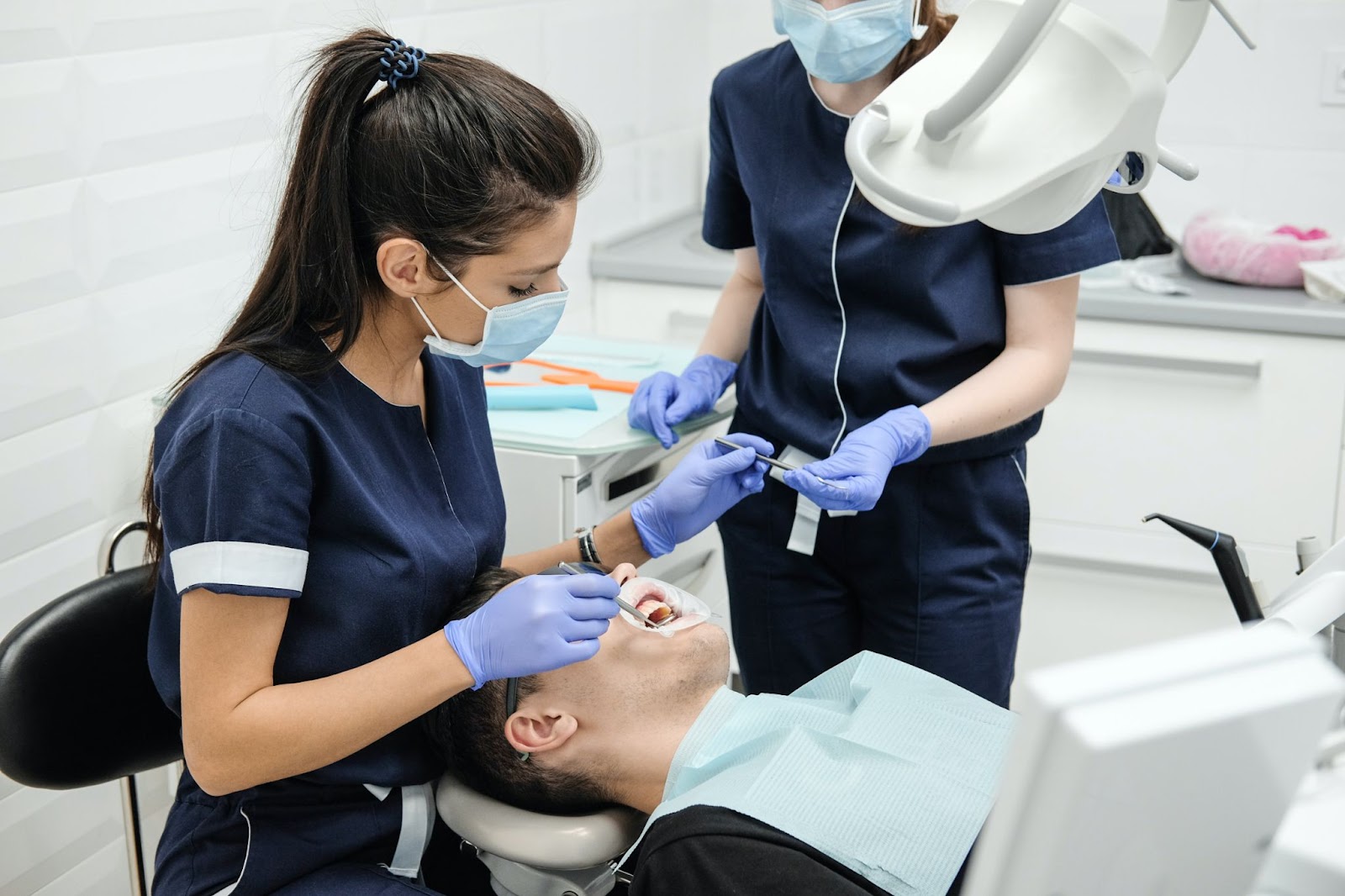



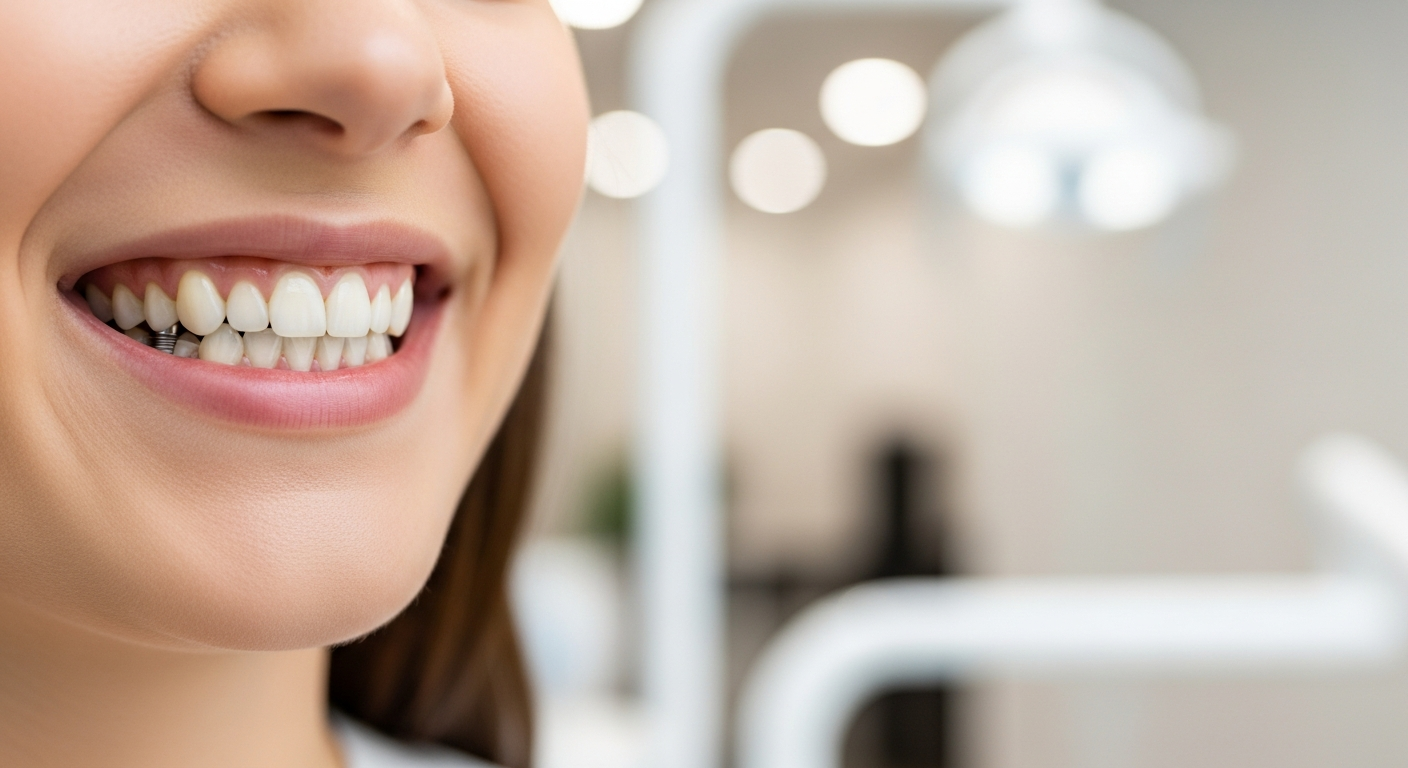
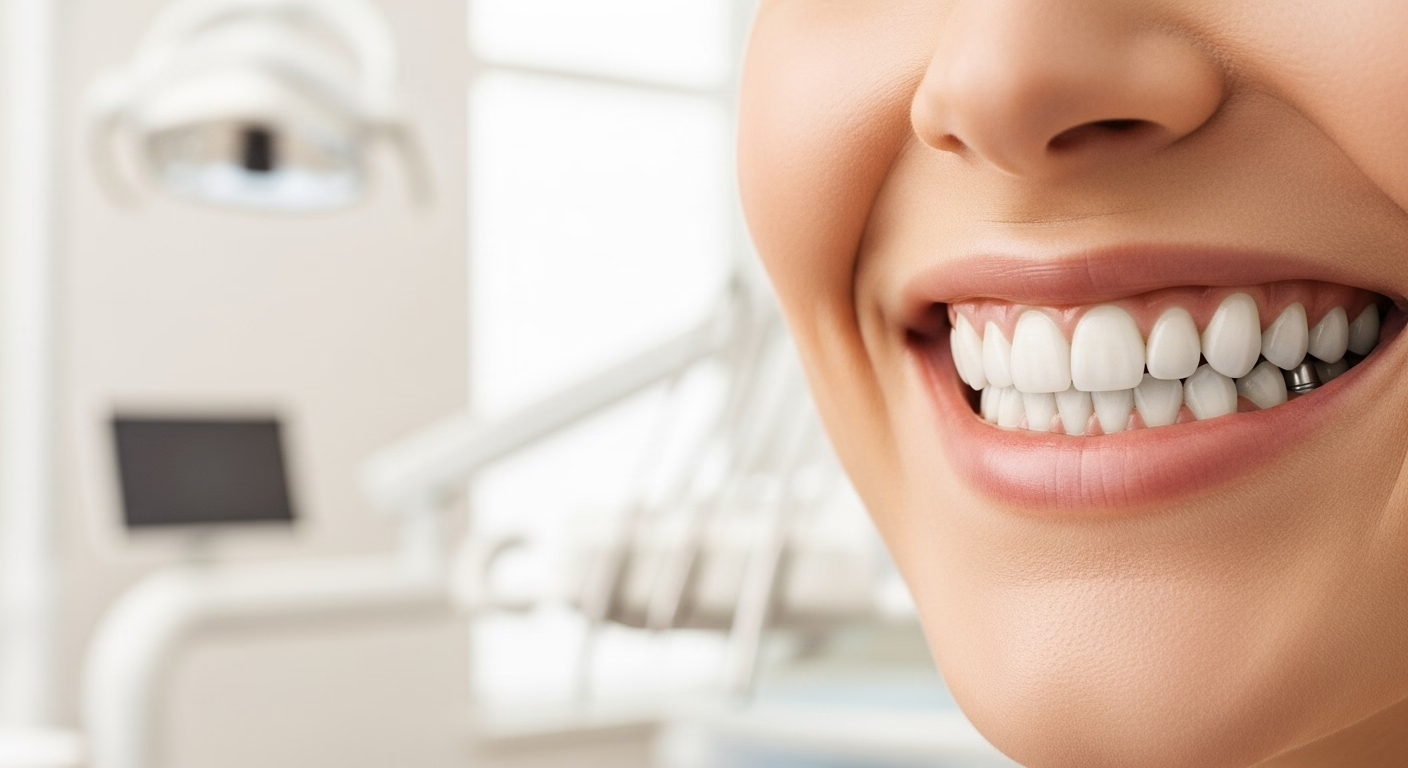
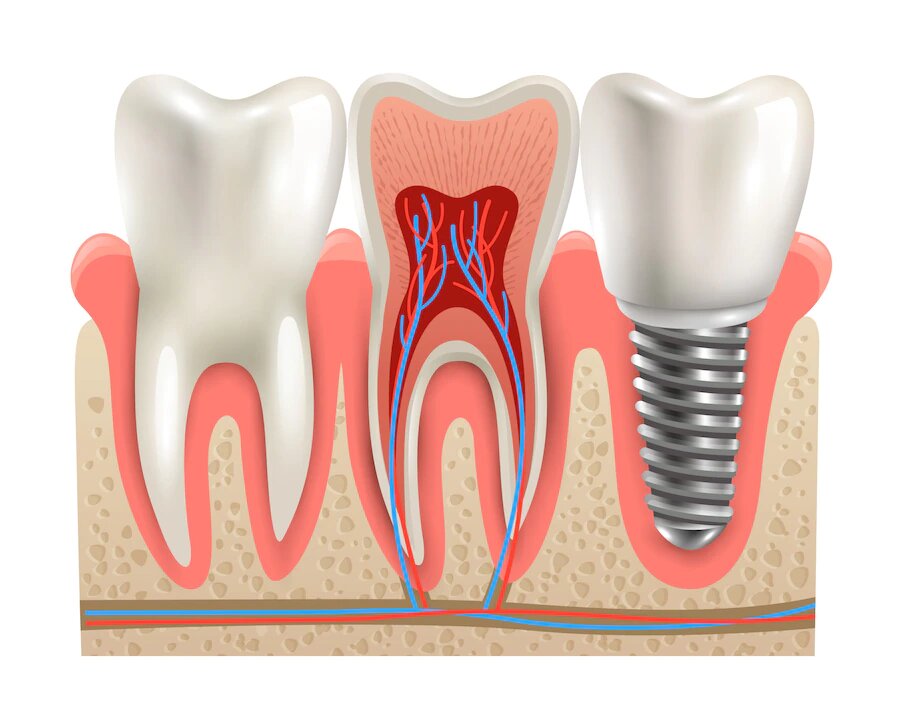
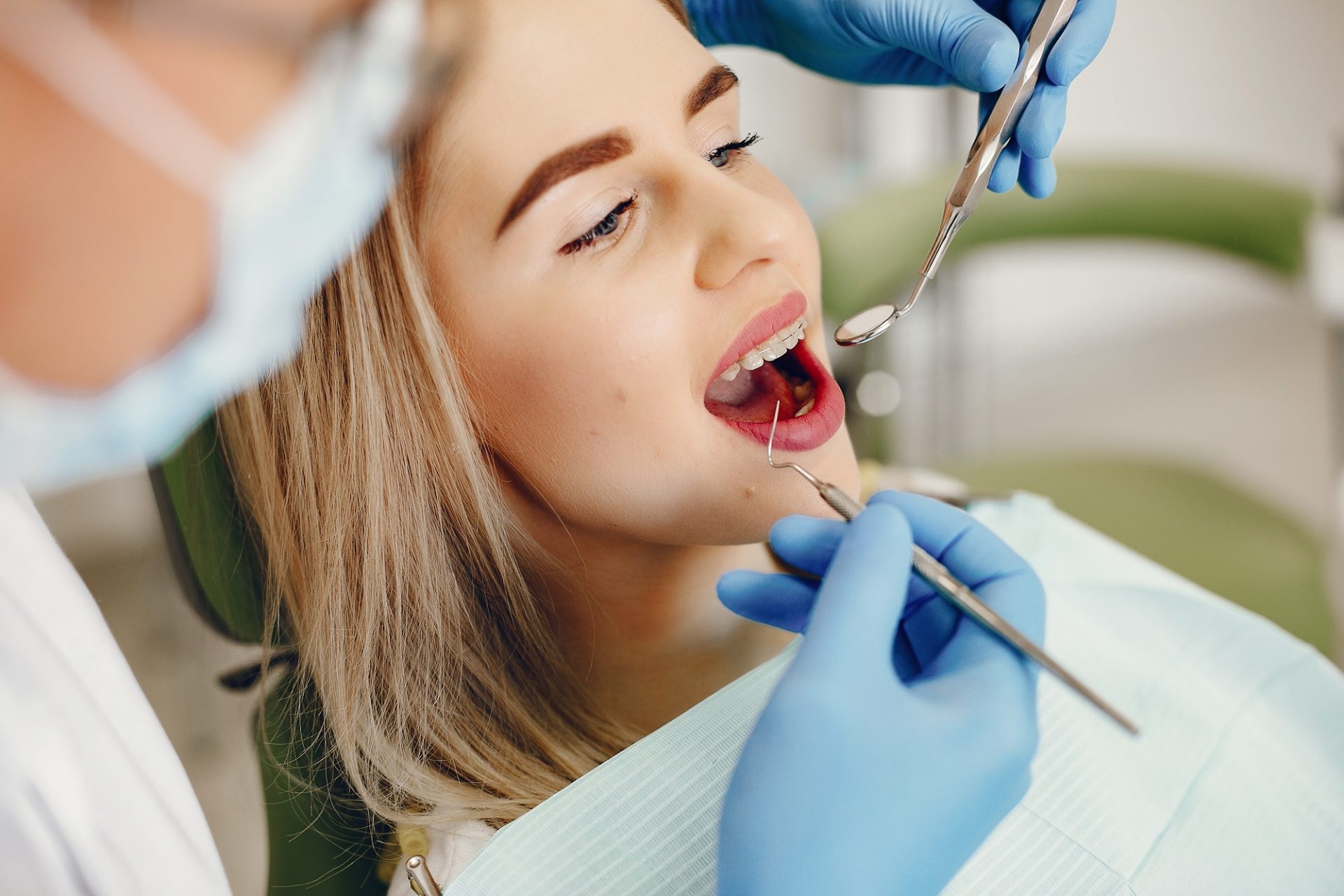







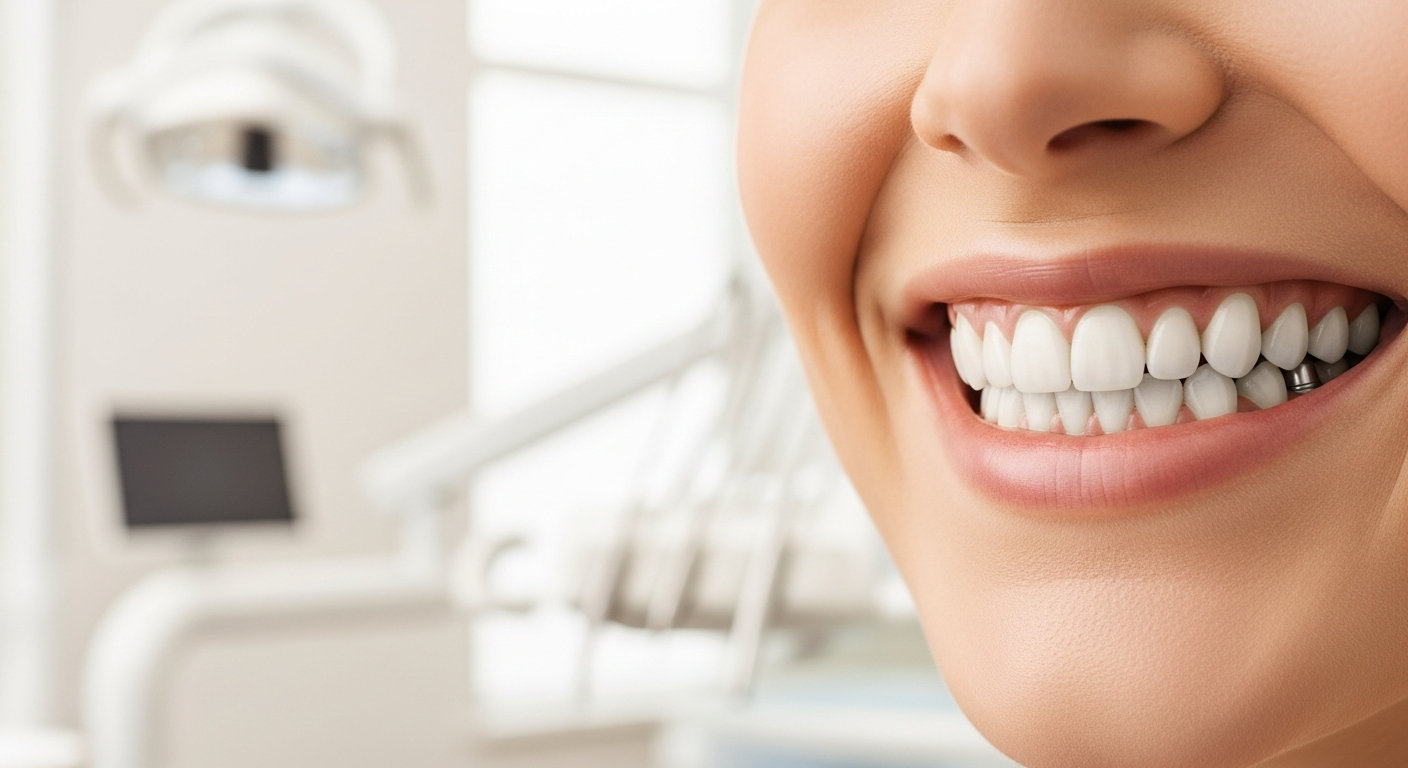

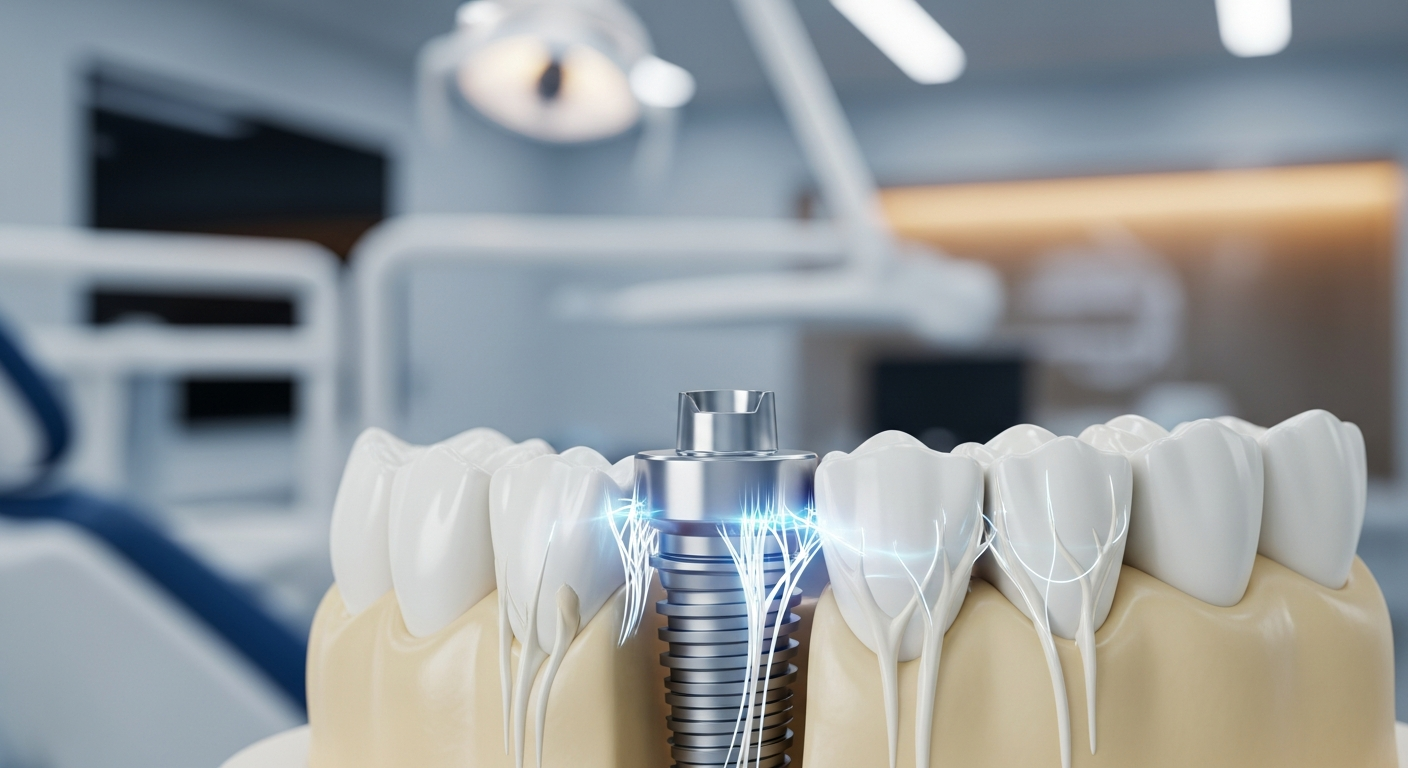
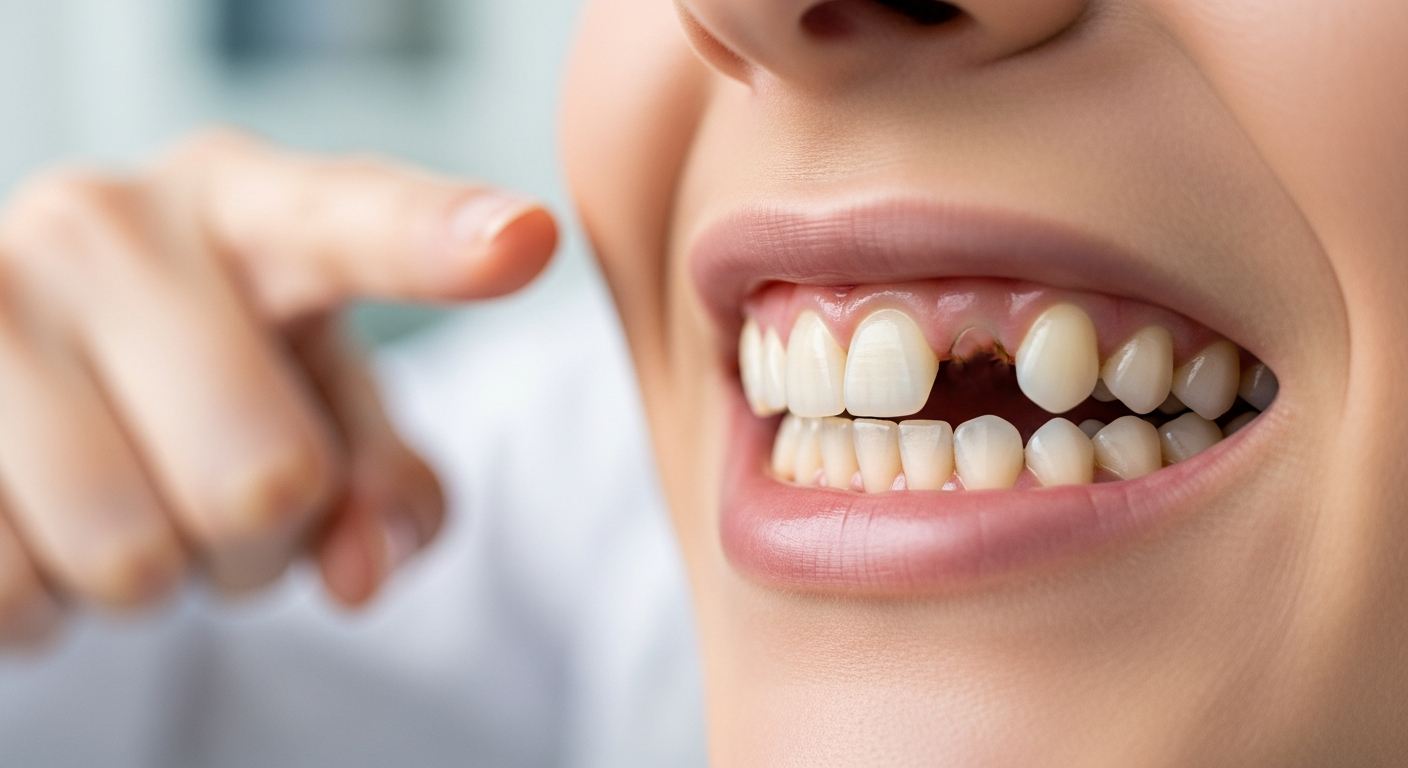




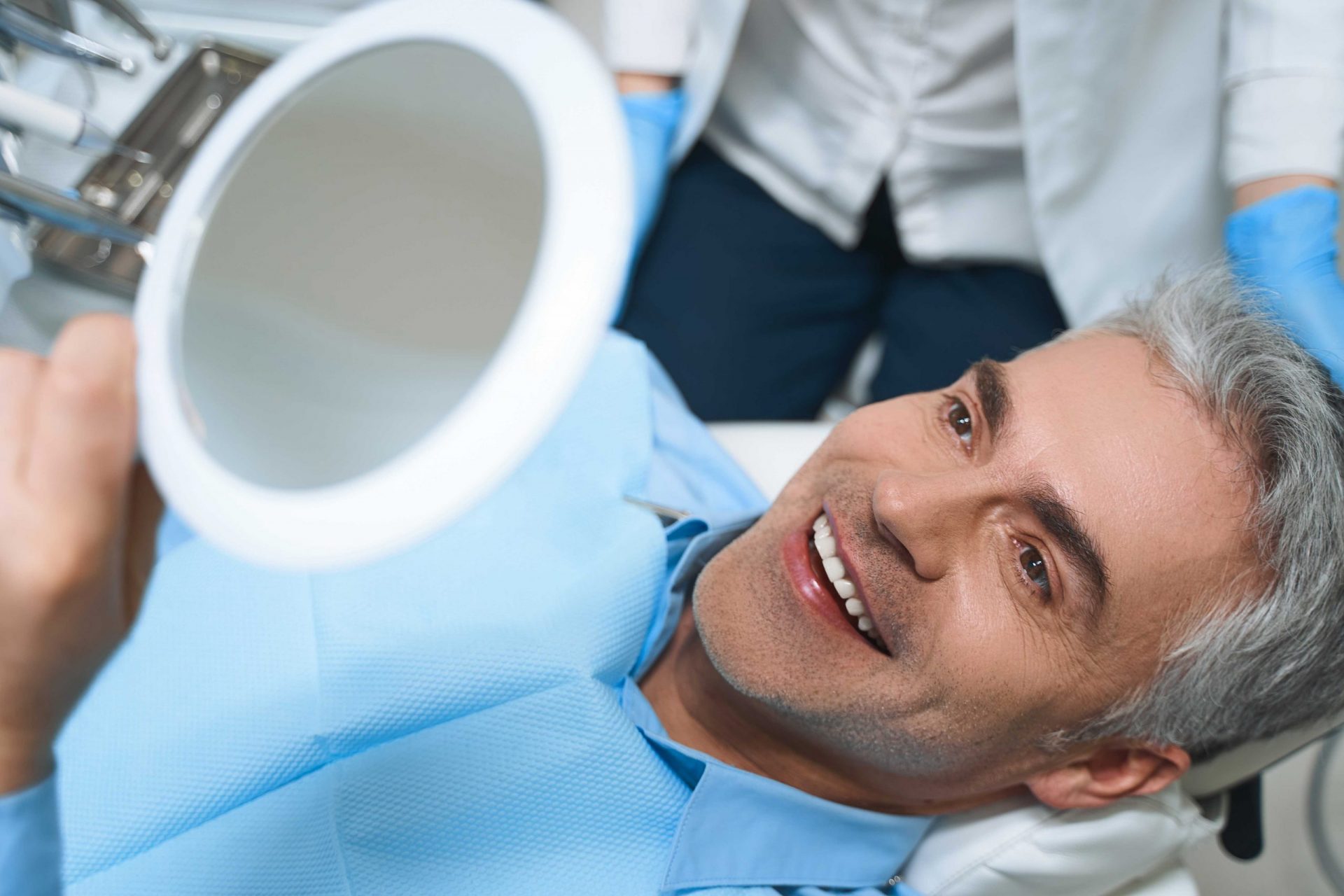
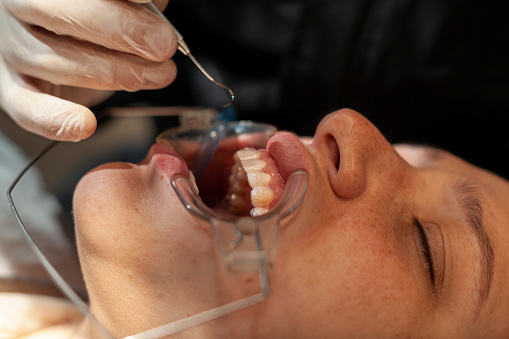

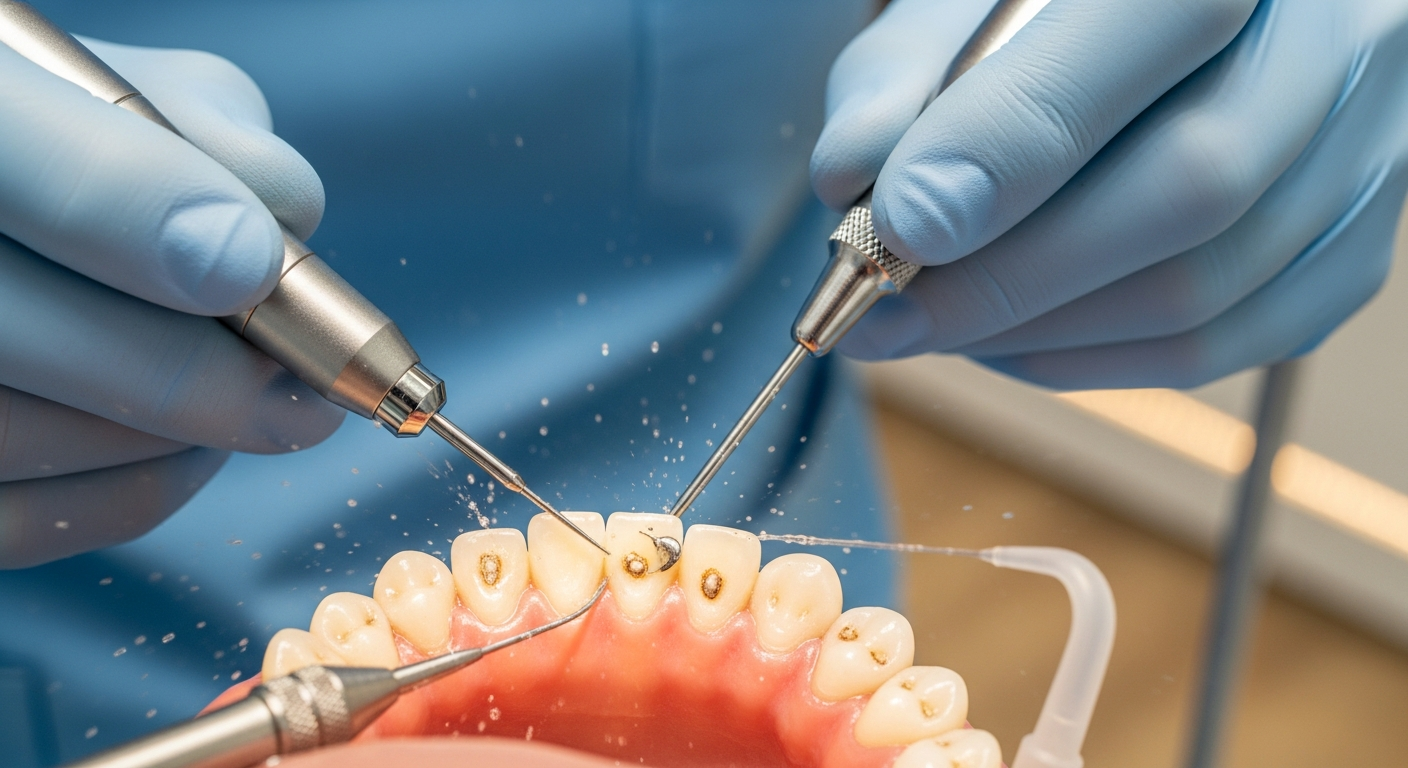

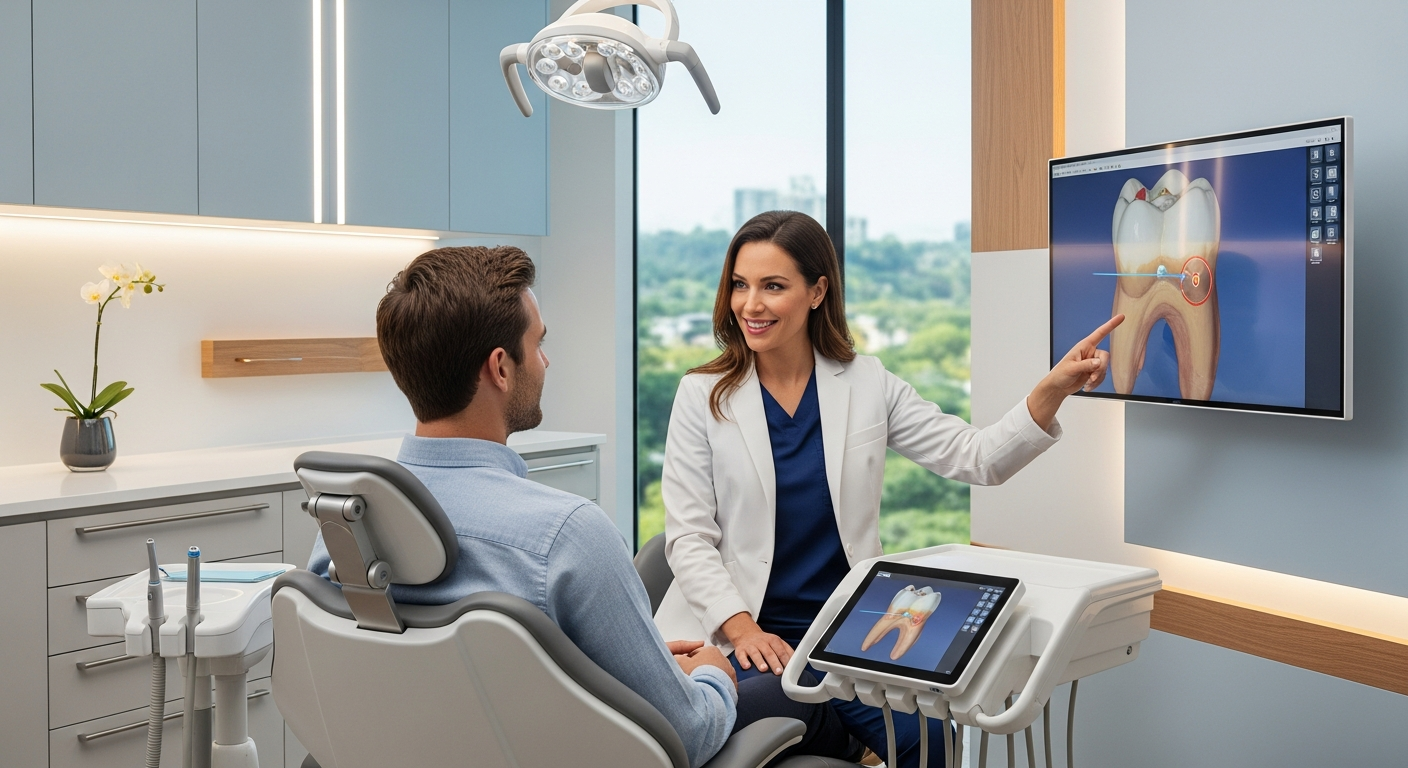
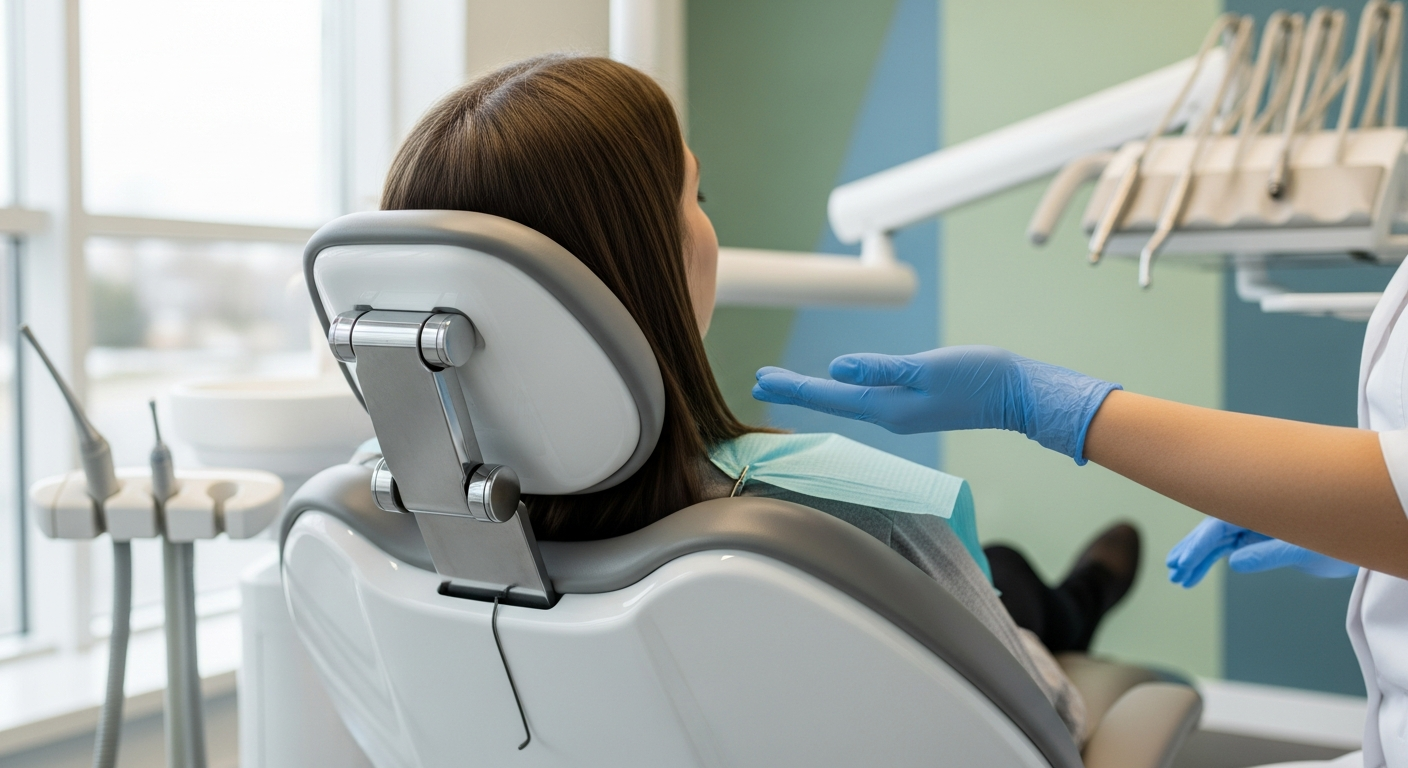

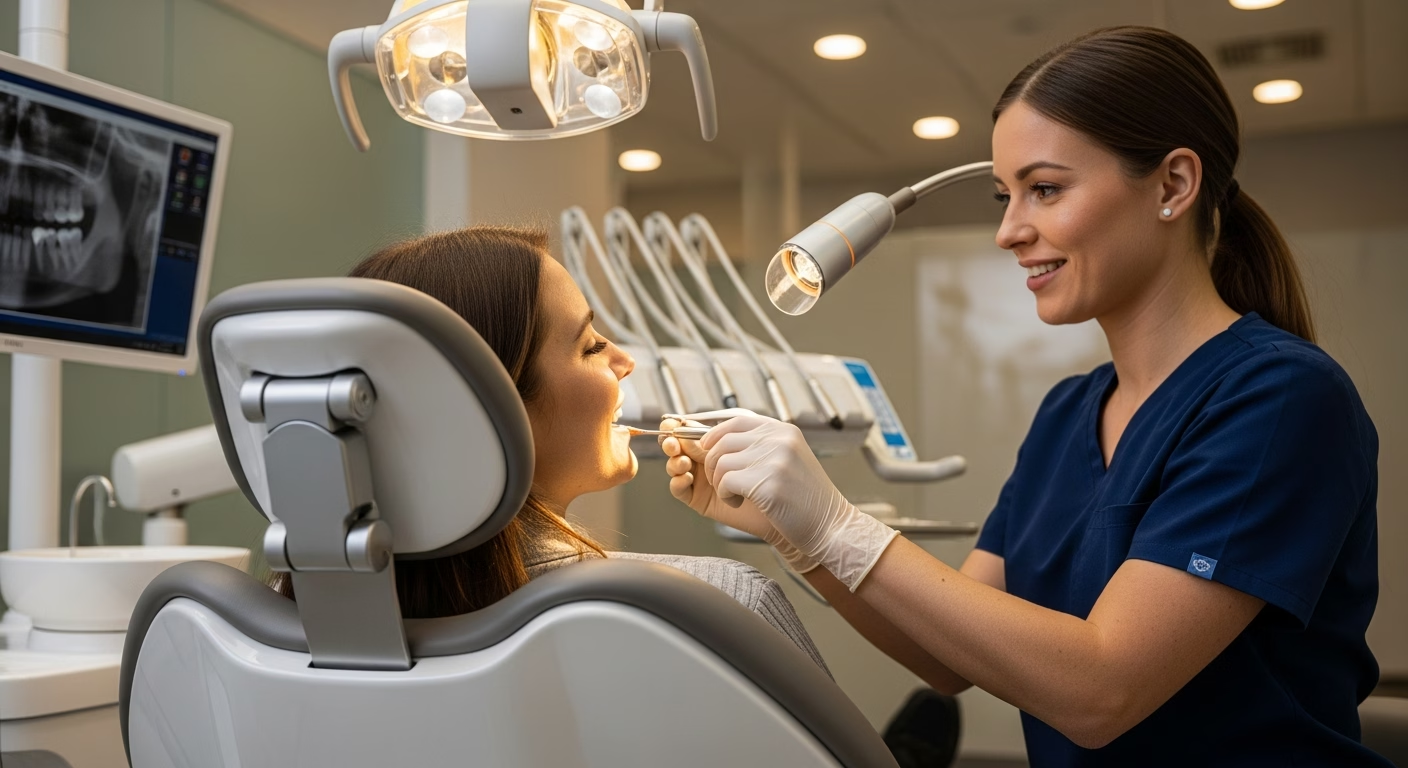
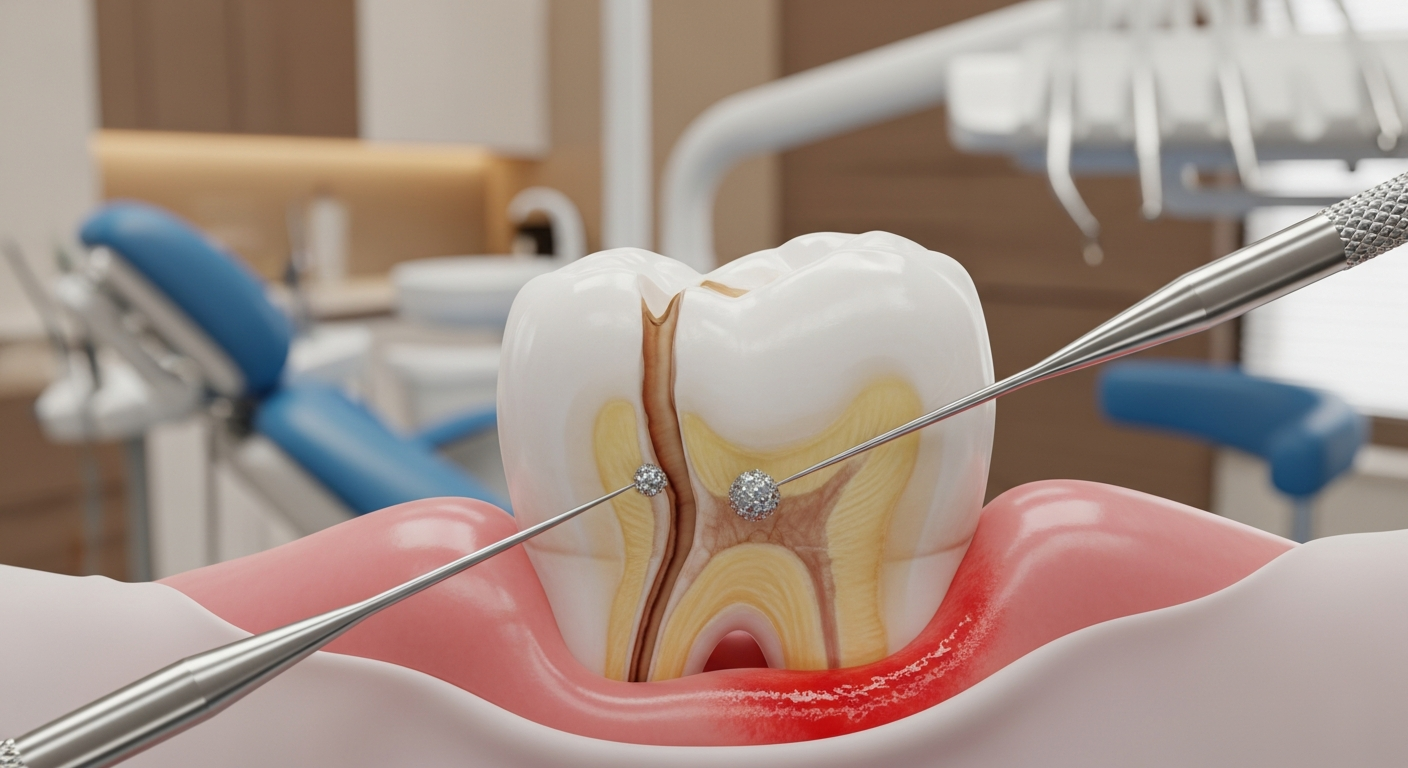




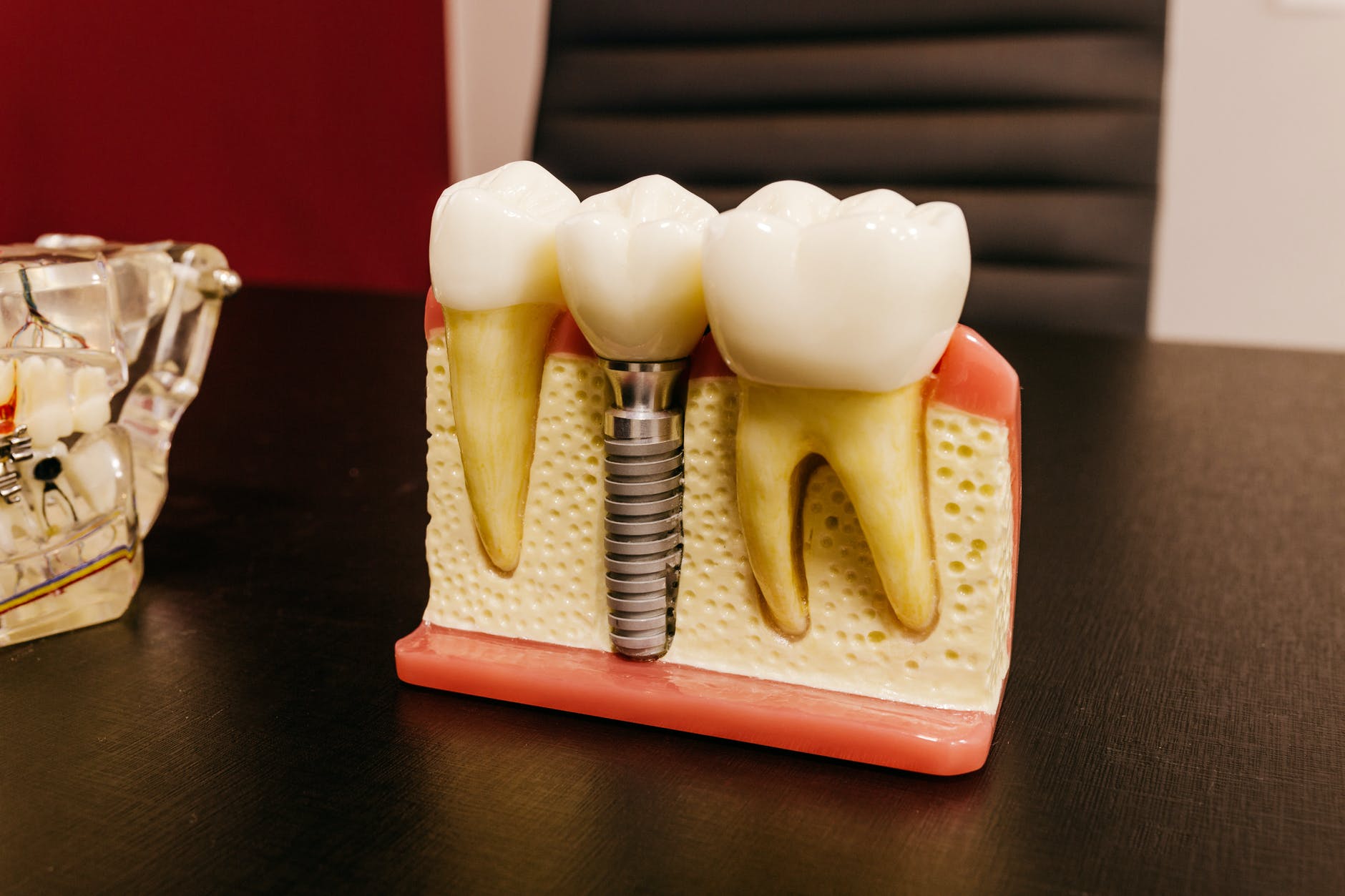


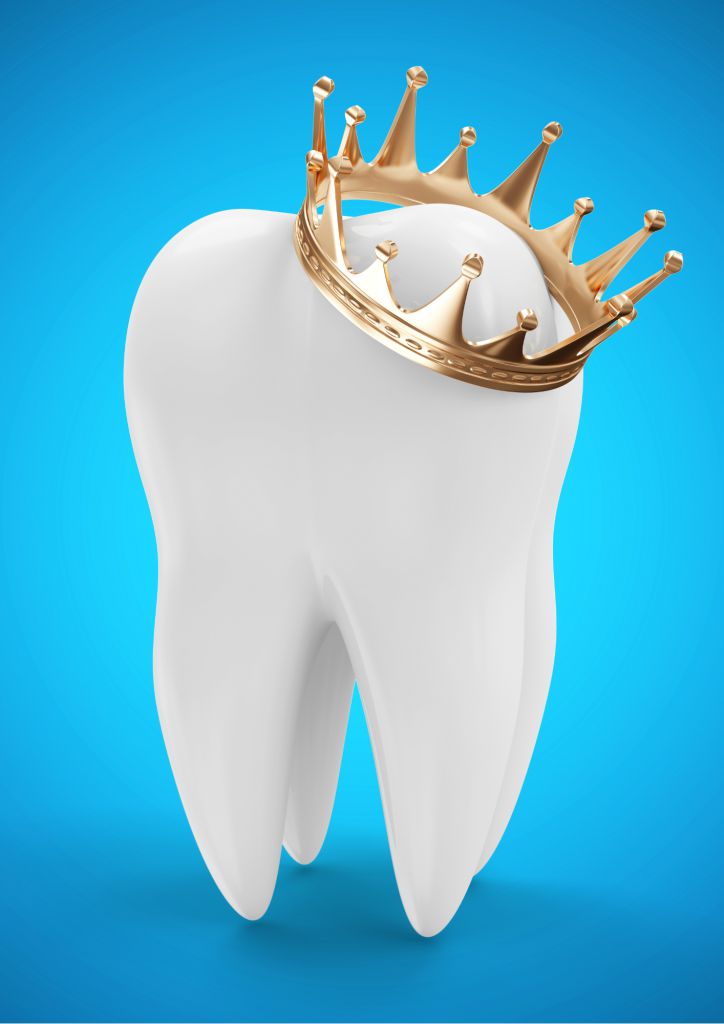



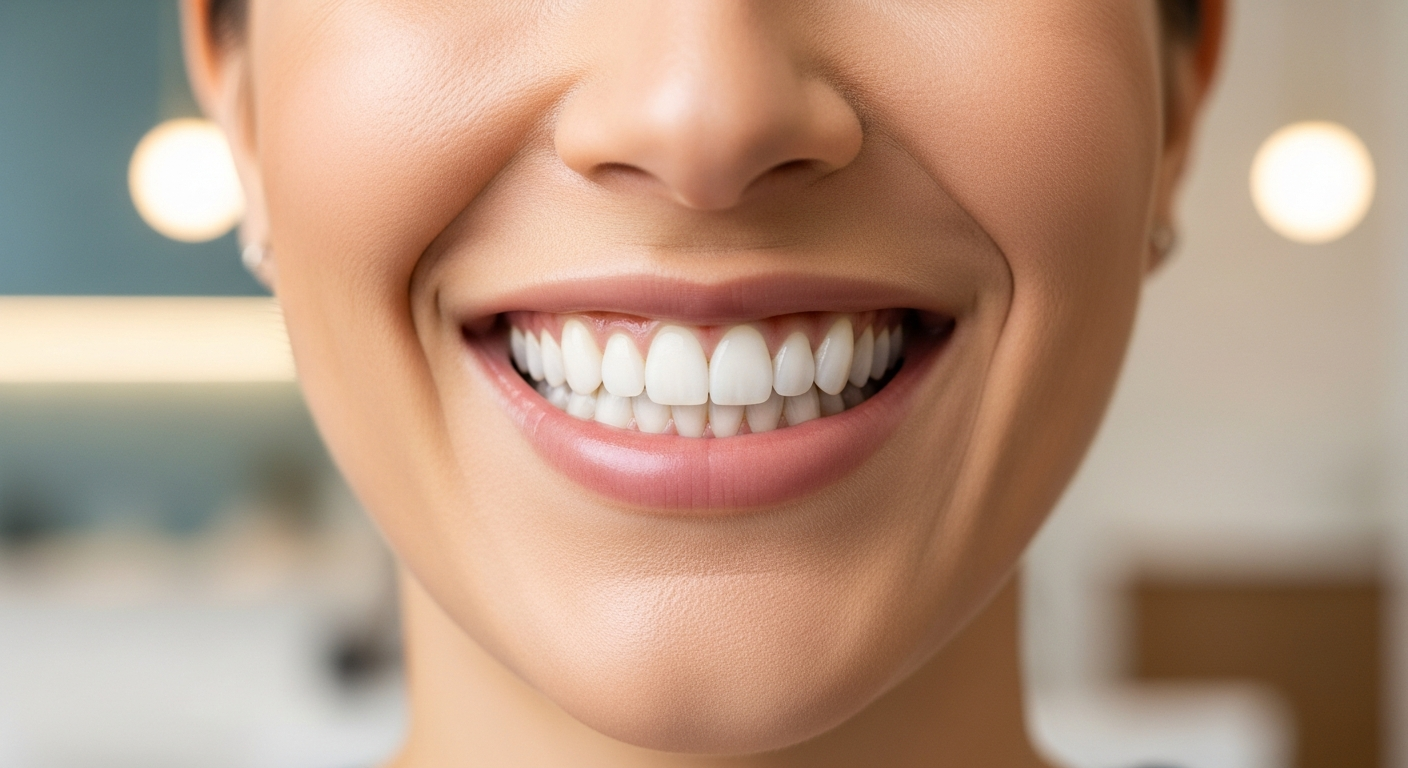



.avif)


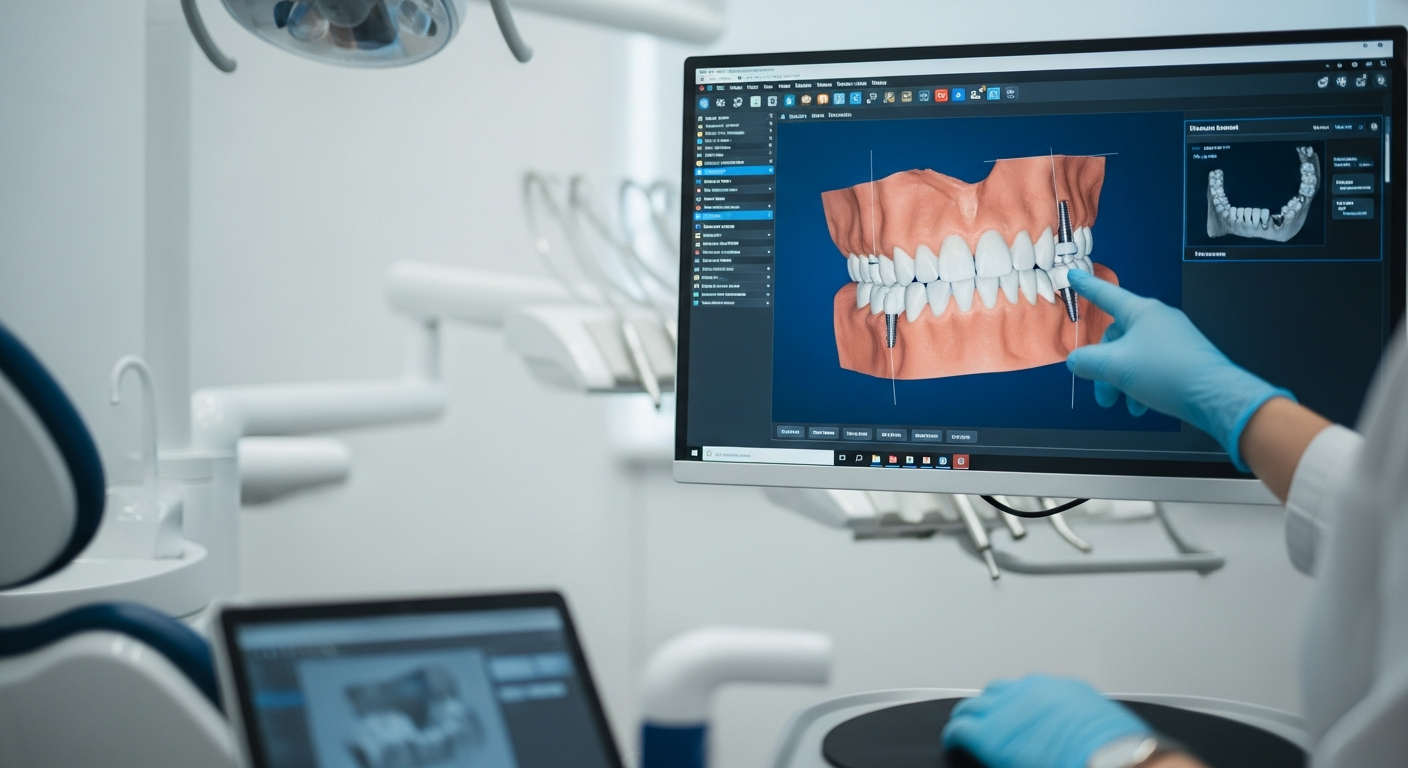



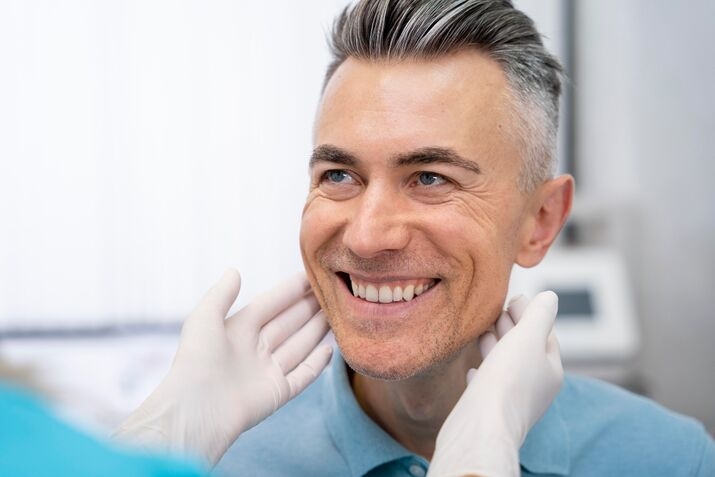
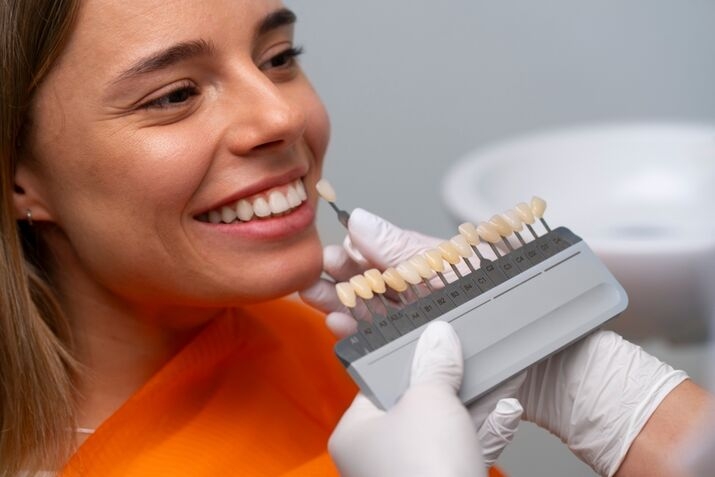
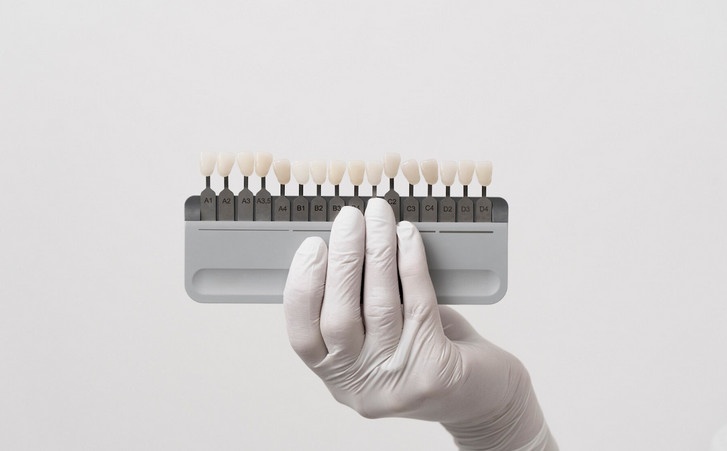

.jpg)


















.avif)


















.jpg)



